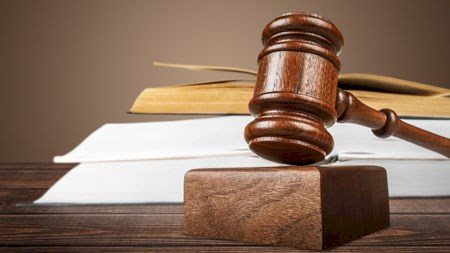This article has been updated. For the most recent information, please visit the updated version here. (Updated: October 2024)
Both landlord and tenant rights, according to the law, on how a tenant deposit should be handled.
A landlord is allowed to take a deposit from the tenant prior to moving in
Section 5 of the Rental Housing Act, No 50 of 1999 allows a landlord to take a deposit from a tenant prior to the tenant moving into the property. The amount of the deposit must be stipulated in the lease agreement. It is conventional practice to pay an amount equal to one-month’s rent as a deposit. However due to defaulting tenants and the lengthy process involved to evict a tenant in default, some landlords are now asking for two months rent as a deposit.
The money must be deposited into an interest bearing account
The Act also requires that the landlord deposits this money into an interest bearing account, held with a financial institution. The tenant has the right to request a statement of interest earned on his money at any time. The tenant is also entitled to receive the deposit and all interest earned on the money over the period it was held for, at the end of the lease agreement period.Due to the fact that there are “fly-by-night” estate agents in the market it is important to make sure that you, as the landlord, deal with an agent (or managing agent) who is certified in terms of the Estate Agency Affairs Board. This is important for the tenant as well, as the tenant is entitled to ensure that his deposit is protected and that it will be repaid when the lease terminates.
The landlord may deduct necessary expenses from the deposit
It is the landlord’s right to deduct any expenses (from the deposit) incurred from repairing damage to the property which occurred during the lease. The balance of the money must then be refunded to the tenant. The tenant has the right to see all repair receipts to confirm what was actually spent to the property, in order to repair the tenants damage. The landlord may not deduct costs for general maintenance and upkeep (wear and tear) of the property, from the tenant’s deposit.
This article originally appeared in Property Power 11th Edition Magazine. To order your copy at the discounted price of R120 click here.




